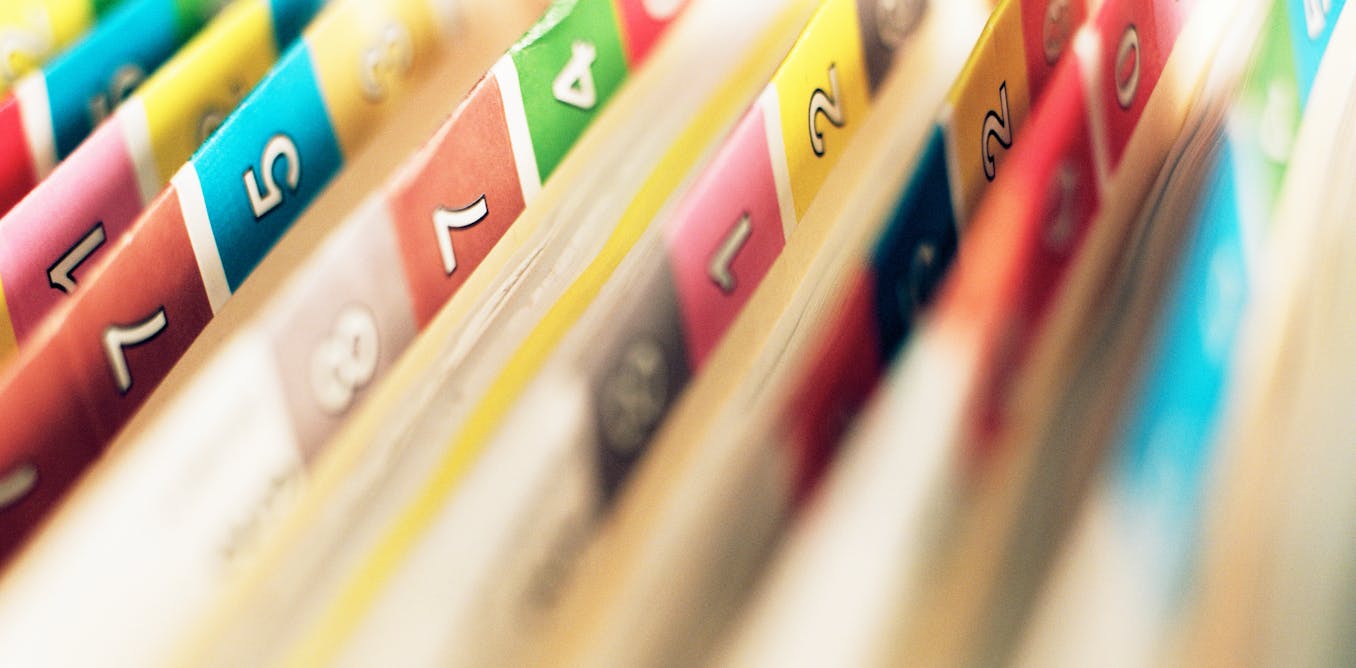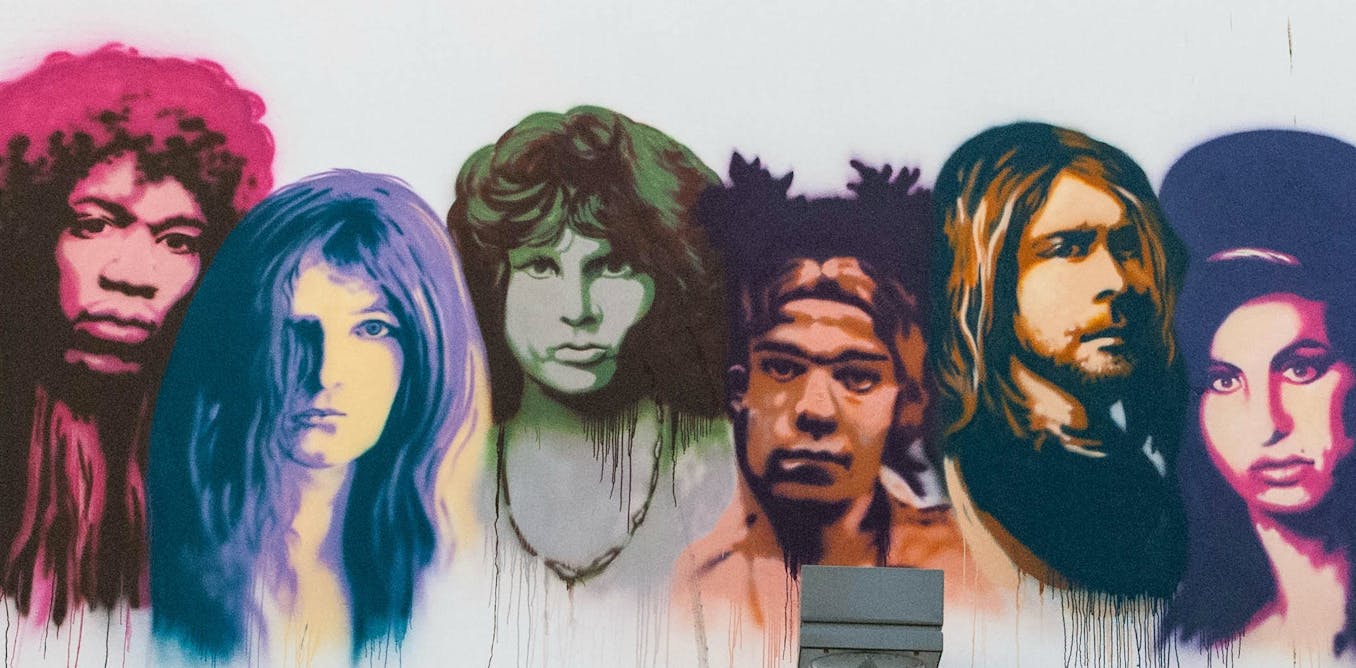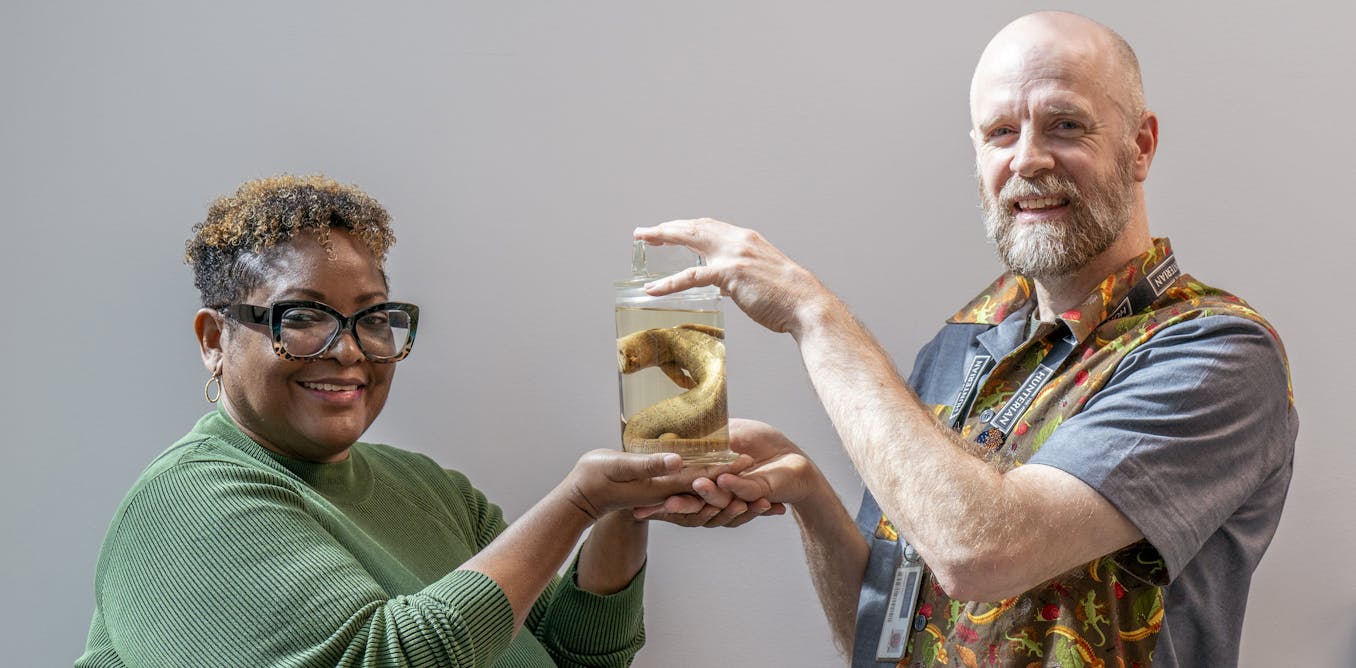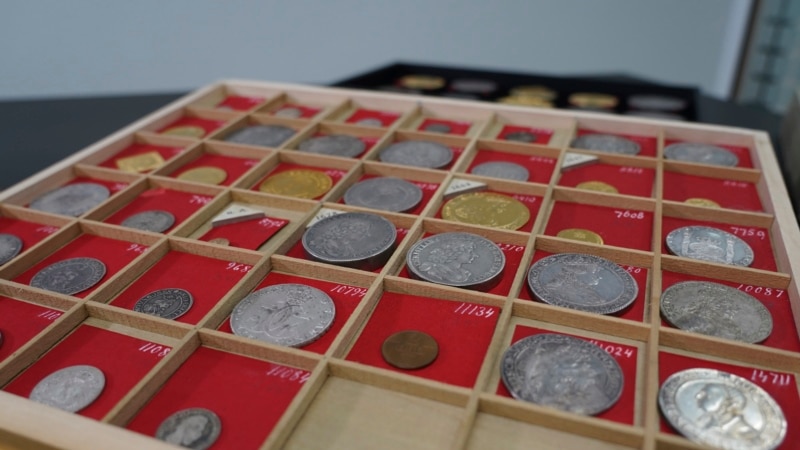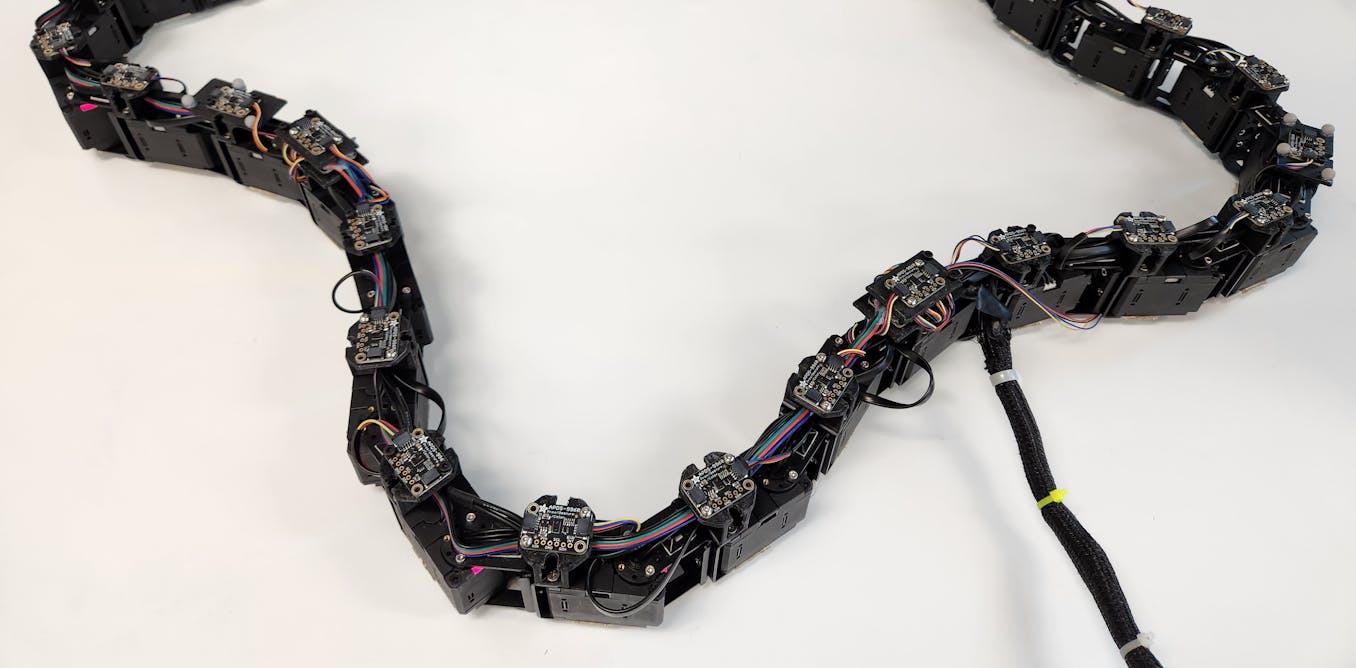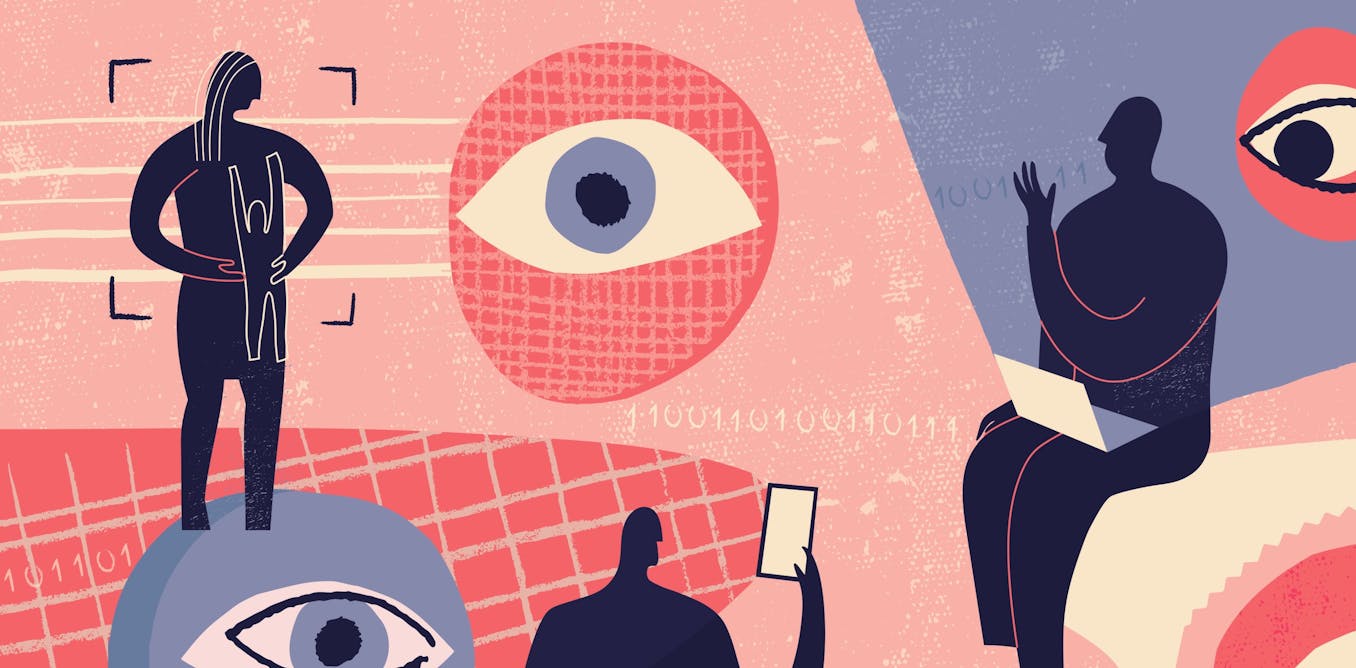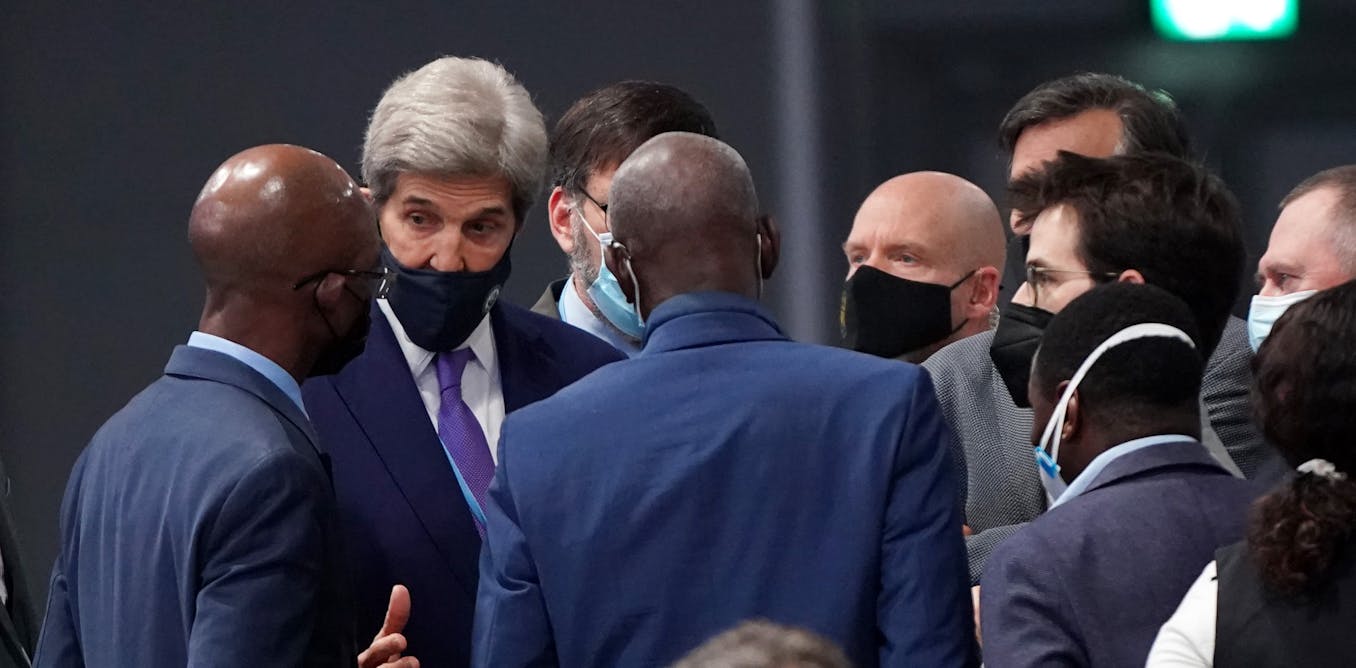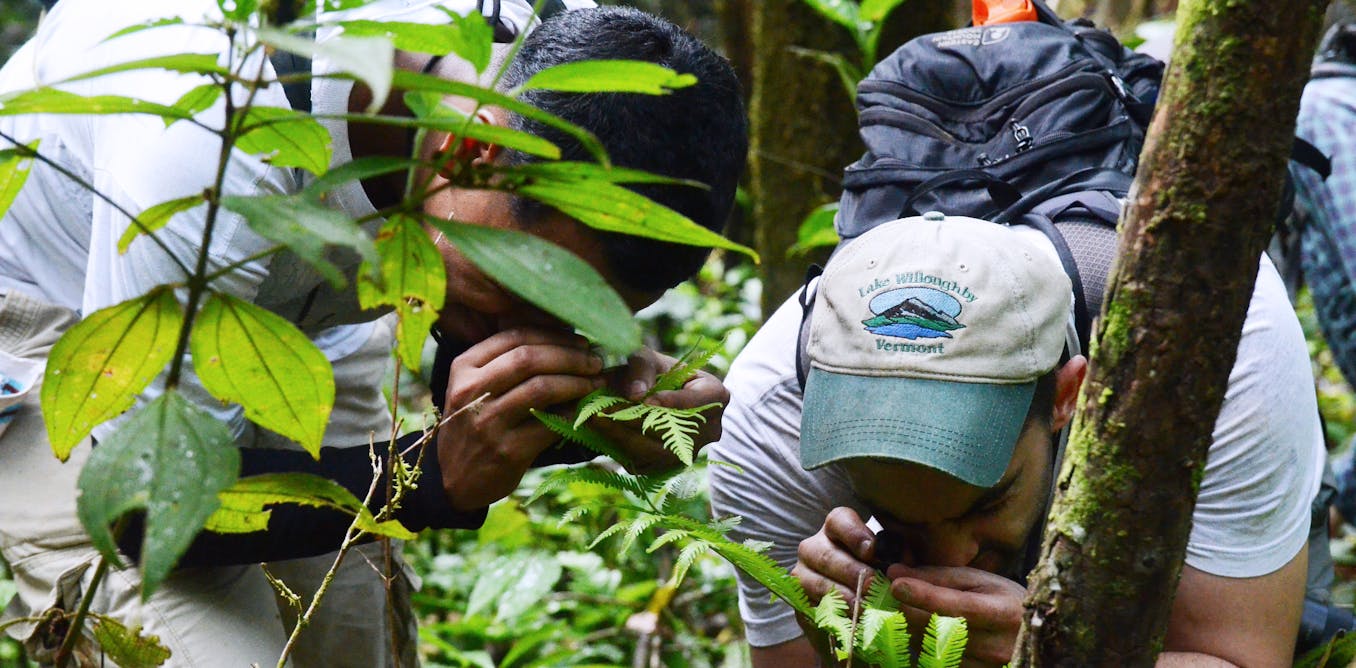Data on sexual orientation and gender is critical to public health – without it, health crises continue unnoticed
The Trump administration’s CDC data purge means researchers can no longer effectively track and address health issues affecting LGBTQ+ people – and ultimately society as a whole.
June 13, 2025 • ~6 min

